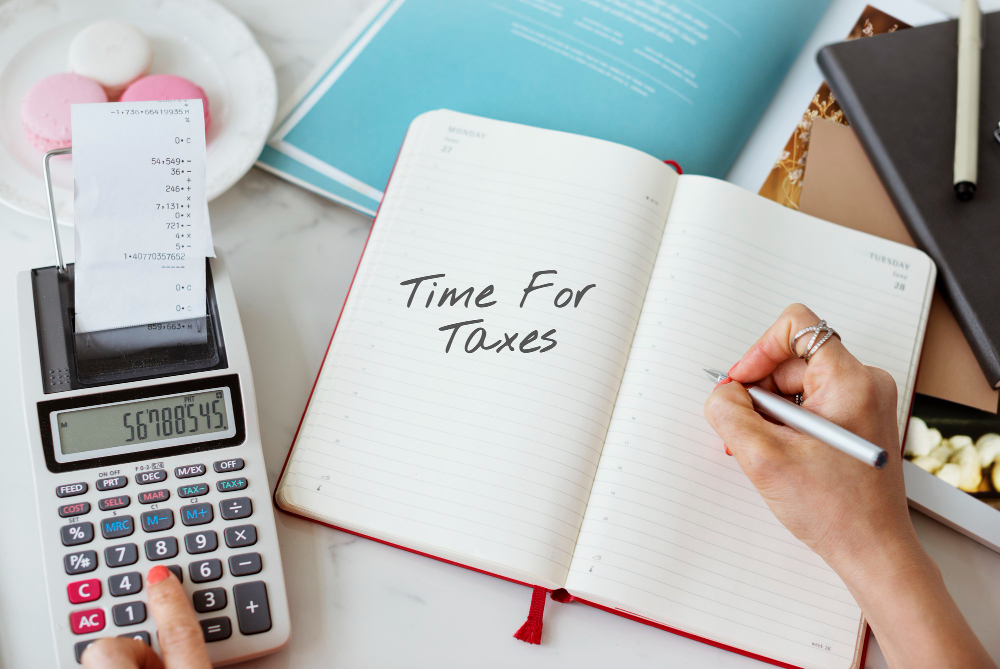If you’re running a limited company in the UK, understanding your corporation tax deadlines isn’t just helpful, it’s essential. Missing key dates can lead to unwanted penalties, interest charges and a whole lot of unnecessary stress.
In this blog, we’ll walk you through the key dates, what they mean and how to stay on top of HMRC’s requirements without the stress.
What Is Corporation Tax?
Corporation tax is the tax your company pays on its profits. If you’re a limited company in the UK, this applies to you whether you made a little or a lot. Currently, the corporation tax rate sits at 19% for companies with profits under £50,000 and scales up to 25% for profits over £250,000 (as of 2025 but always check the latest HMRC guidance).
Unlike income tax, there’s no bill sent through the post so it’s your responsibility to calculate, file and pay your company tax on time.
When Is Corporation Tax Due?
Here’s where it can get a bit confusing: there are two key deadlines to remember.
1. Paying Corporation Tax
You must pay your corporation tax within 9 months and 1 day after the end of your accounting period.
Example:
If your company’s financial year ends on 31st March 2025, your payment deadline is 1st January 2026.
2. Filing Your Company Tax Return
You have 12 months from the end of your accounting period to submit your Corporation Tax Return (CT600) to HMRC.
So in the same example:
Your filing deadline is 31st March 2026.
It’s easy to mix these two up but remember: you must pay your tax before you file your return.

Tips to Stay on Top of Corporation Tax Deadlines
Let’s face it, tax admin isn’t most people’s idea of fun but getting ahead of the game can save you time, stress and money in the long run. Here’s how:
- Set Reminders Early: Add key dates to your calendar; both payment and filing deadlines. A little prompt goes a long way.
- Work with an Accountant: A trusted accountant or tax advisor can help calculate your liability, check for reliefs and ensure you file correctly.
- Check Your Accounting Period: Your accounting period might not match the calendar year. Always double-check your company’s year-end date on Companies House or your accounts.
- Use HMRC Online Services: You can file your CT600, make payments and check your corporation tax status via the HMRC online portal.
What Happens If You Miss a Deadline?
Unfortunately, HMRC doesn’t go easy on missed deadlines. Here’s what you could face:
Missed tax return:
- £100 fine immediately
- Another £100 after 3 months
- Daily penalties after 6 months
- Up to 10% of unpaid tax after 12 months
Late payment:
- Interest is charged daily on any unpaid tax
- Possible penalties for deliberate non-payment
Understanding and sticking to your corporation tax deadlines in the UK is an essential part of running a compliant and financially healthy business. It’s not just about avoiding penalties, it’s about good financial planning.
Whether you’re a small startup or a scaling limited company, keeping corporation tax in check ensures you can focus on growth, not firefighting.
Need help staying ahead of tax deadlines or managing business finance more efficiently? Business Finance House works closely with UK businesses to provide tailored funding and financial support when it matters most. Get in touch with us today.





